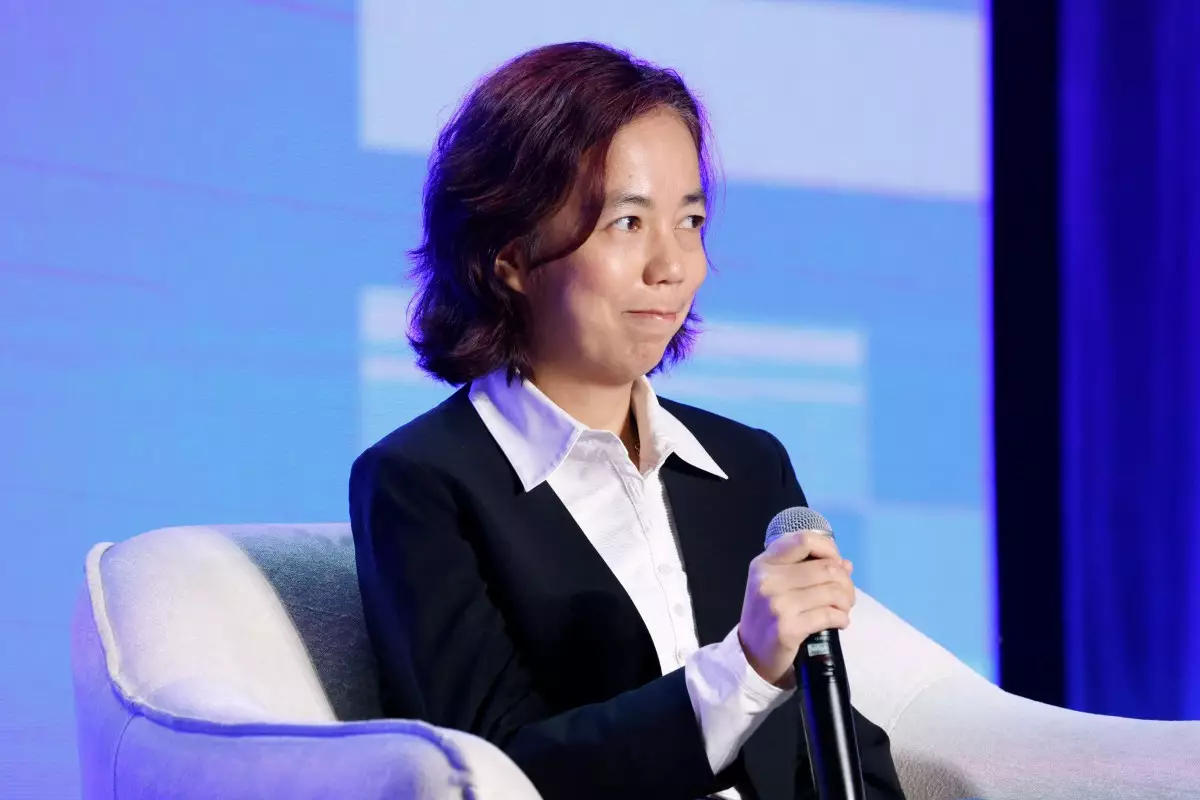The race to harness artificial intelligence (AI) power has escalated in recent years, drawing an increasing number of startups into the cloud computing fold. Among them is Fei-Fei Li’s venture, World Labs, which recently entered into a significant partnership with Google Cloud. This collaboration aims to leverage Google’s infrastructure for the ambitious task of training advanced AI models, encompassing “spatial intelligence.” As breakthrough AI models emerge, the cloud landscape is experiencing a paradigm shift with stakes this high—worth a potential hundreds of millions of dollars.
As the demand for cutting-edge AI capabilities surges, cloud providers are keen to capture a share of the burgeoning market. World Labs, buoyed by a fresh influx of $230 million in funding and boasting a valuation surpassing the billion-dollar mark, stands as a beacon of innovation. This startup is focused on creating multimodal AI technologies that can integrate and process video and geospatial data. Yet, what makes this partnership particularly intriguing is the convergence of technological prowess and strategic positioning within the cloud service ecosystem.
At the recent Google Cloud Startup Summit, the announcement of this deal marked a high point in World Labs’ trajectory, particularly in light of Li’s previous position as chief scientist at Google Cloud. While Google asserts that this historical connection did not influence their partnership, the implications of such a relationship cannot be overlooked. The complexities of perception in business negotiations reveal that affiliations matter deeply, influencing trust and future collaboration possibilities.
In an arena where companies like OpenAI and Anthropic command substantial computing resources, the competition among cloud providers, primarily Google Cloud, Microsoft Azure, and AWS, is fierce. OpenAI, for instance, has tethered itself exclusively to Microsoft Azure, creating an intricate ecosystem that relies heavily on the capabilities of their cloud infrastructure. Similarly, Anthropic diversifies its workload across AWS and Google Cloud, highlighting the interconnected nature of startup strategies and provider dependencies.
The burgeoning segment of AI startups gravitating towards cloud services showcases the lucrative potential of these contracts. As AI demands grow, Google, Microsoft, and AWS are eager to cultivate relationships with these innovative entities early on. Consequently, World Labs’ choice to partner with Google reveals the critical nature of computational power in AI model training.
World Labs’ vision goes beyond mere AI operation. By investing heavily in training “spatially intelligent” models, the startup aims to push the boundaries of what machines can understand and create from complex data sources. James Lee, the general manager of startups and AI at Google Cloud, underscores this ambition, emphasizing the importance of such transformative technologies. His statement that World Labs’ models will be capable of interacting with diverse, real-world data reaffirms the disruptive potential of this collaboration.
While Google claims that this partnership was led by the technological capabilities it offers—such as AI-optimized infrastructure and specialized AI chips—the reality may be more nuanced. Cloud computing is still in a phase where strategic relationships and historical ties play a crucial role. The rivalry with Nvidia in providing GPU resources for AI workloads further complicates matters, as cloud providers struggle to meet the skyrocketing demand for AI processing power.
The choice of GPU training over Google’s own TPU resources raises important questions about future directions for AI startups. Google Cloud’s reinforcement of its GPU offerings illustrates an understanding of current industry trends even as it attempts to nudge clients toward its proprietary technologies. While World Labs has chosen GPUs for this phase of their development, the rapid evolution of AI technologies means that their strategic choices could shift based on emerging requirements.
Transitioning between cloud models is not uncommon in the fluid world of AI start-ups, where adaptability is key. The mention of the potential for a shift to TPUs in the future illustrates that alliances in the AI sphere are dynamic and may evolve with changing technologies and market demands.
As cloud providers like Google Cloud vie for dominance in the AI realm, partnerships with startups like World Labs exemplify the potential for innovation driven by collaboration. The backdrop of a competitive landscape ensures that cloud services extend beyond simple computation to strategic alliances that can shape the future of AI technologies. With big ambitions and rapidly evolving landscape, it remains to be seen how these relationships will play out and how they will redefine our understanding of intelligence—both artificial and human.

